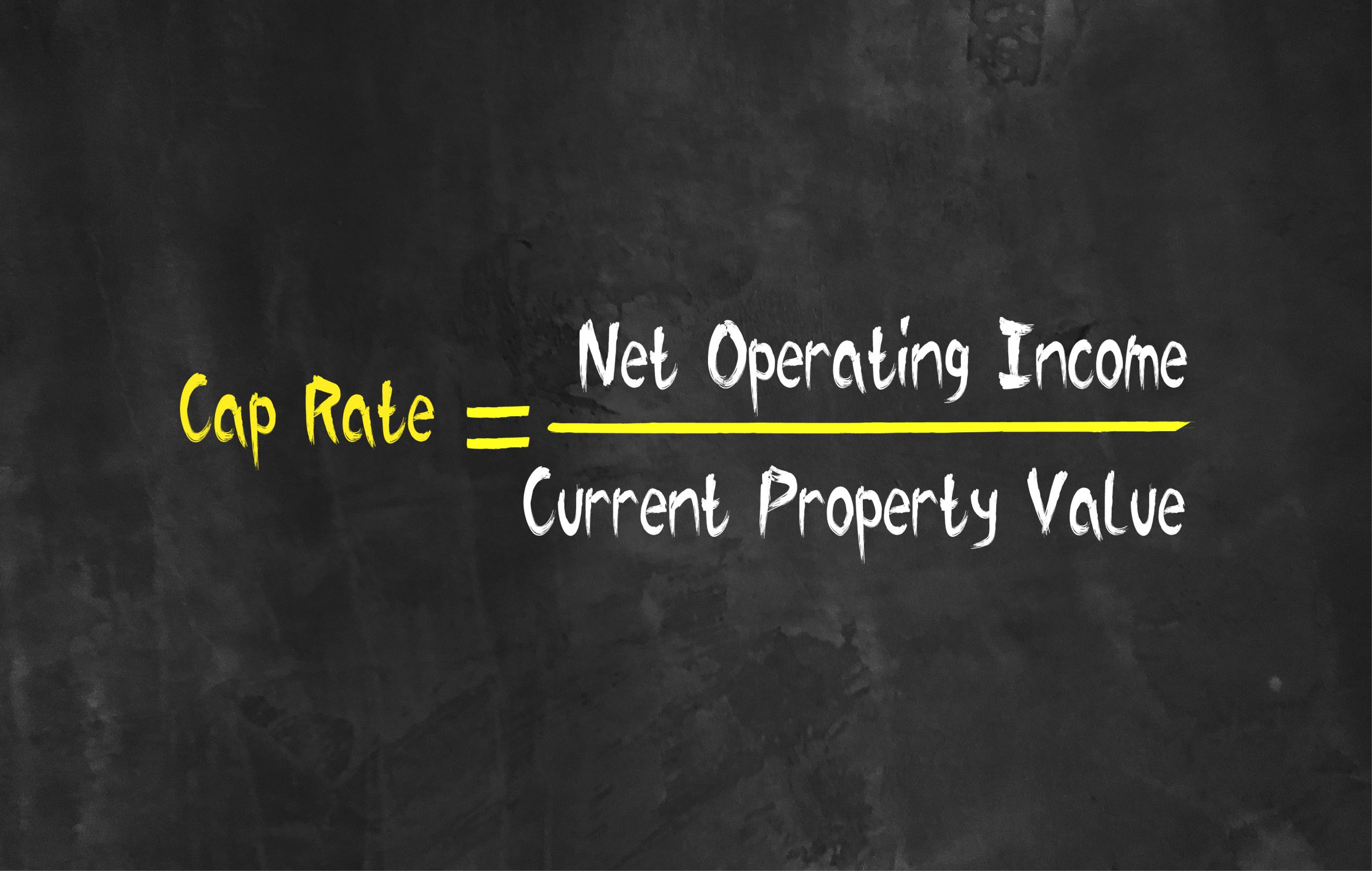The rate of return you might anticipate from an investment property in real estate is known as the capitalization rate or cap rate. It’s crucial to take the time to fully comprehend one of the most fundamental ideas in the commercial real estate sector.
The cap rate compares the property’s net operating income (NOI) to its market value. Check read our Wikipedia page on how to calculate the NOI if you need a refresher. The formula is as follows:
Net Operating Income / Value is the cap rate.
Cap rate interpretation
The formula and your results must be modified to be suitable to what you want to know since the cap rate may be used to determine a variety of things. The formula’s value section is an important point to remember. The worth may be determined as either the purchase price or the current market value of the property, depending on whether you’re trying to buy or sell.
Use the purchase price as the value in the calculation if you’re using the cap rate to determine if you should acquire a property. As your initial investment in the property will be lesser, a higher cap rate is also appropriate. Additionally, you want your cap rate to be higher than the interest rate since doing so often means that your investment will be profitable.
Use the current market value in the calculation if you’re utilizing the cap rate to determine whether or not you should sell a property. Additionally, you want your cap rate to be lower since this suggests that the value of your property will increase.
The importance of cap rate for holiday rentals
A property’s cap provides a reliable indicator of how hazardous your investment will be. There are other considerations to evaluate, but it may give potential vacation rental owners a better indication of whether they should proceed with a purchase.
Cap rate movements throughout time may be tracked and analyzed to provide insight into the real estate industry as a whole. You can determine if it’s a good moment to invest or whether you should hold off for a few years. It also enables you to determine if a certain neighborhood or location you are considering will be a successful leasing site.









